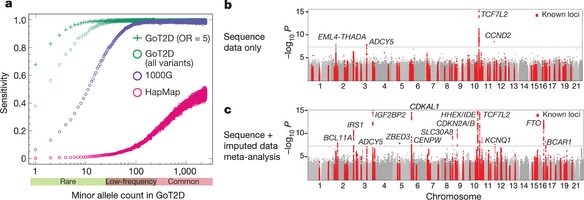Dr. Lee is an Assistant Professor of Psychiatry at Harvard Medical School and Massachusetts General Hospital. She received a BS in Computer Science from Seoul National University (Korea), MSc in Bioinformatics […]
Phil Hyoun Lee


Dr. Lee is an Assistant Professor of Psychiatry at Harvard Medical School and Massachusetts General Hospital. She received a BS in Computer Science from Seoul National University (Korea), MSc in Bioinformatics […]

Dr. Jong-Min Lee earned a B.S. and a M.S. degree from Seoul National University, and a Ph.D. degree from University of Wisconsin. After completing postdoctoral training and instructor at the […]

Sue received her Ph.D. from the Biochemistry Program at The Ohio State University, then pursued her postdoctoral training at Massachusetts General Hospital. Sue now leads a research laboratory focused on […]

Dr. Doyle is a practicing child and adult clinical psychologist trained in psychiatric genetics, developmental psychopathology and pediatric neuropsychology. Her research aims to contribute to and leverage genetic discoveries in […]

Dr. Erin C. Dunn is a social and psychiatric epidemiologist with expertise in genetics and epigenetics. Her research laboratory uses interdisciplinary approaches to better understand the social and biological factors that influence […]

Jose Florez and his group have contributed to the performance and analysis of high-throughput genomic studies in type 2 diabetes and related traits in several international consortia such as MAGIC, […]

Florian Eichler, a neurologist, leverages the biology of single gene disorders affecting the nervous system to develop treatments for leukodystrophies and hereditary neuropathies. Among his scientific contributions, Dr. Eichler has […]

Sekar Kathiresan, a physician scientist and a human geneticist, leverages human genetics to understand the root causes of heart attack and to improve preventive cardiac care. Among his scientific contributions, […]

Dr. Anderson is a Neurocritical Care physician with research expertise in the medical genetics of complex diseases, specifically ischemic and hemorrhagic stroke. His career research goal is to use computational, […]

Nature. 2016 Aug 4;536(7614):41-7.
The genetic architecture of common traits, including the number, frequency, and effect sizes of inherited variants that contribute to individual risk, has been long debated. Genome-wide association studies have identified scores of common variants associated with type 2 diabetes, but in aggregate, these explain only a fraction of the heritability of this disease. Here, to test the hypothesis that lower-frequency variants explain much of the remainder, the GoT2D and T2D-GENES consortia performed whole-genome sequencing in 2,657 European individuals with and without diabetes, and exome sequencing in 12,940 individuals from five ancestry groups. To increase statistical power, we expanded the sample size via genotyping and imputation in a further 111,548 subjects. Variants associated with type 2 diabetes after sequencing were overwhelmingly common and most fell within regions previously identified by genome-wide association studies. Comprehensive enumeration of sequence variation is necessary to identify functional alleles that provide important clues to disease pathophysiology, but large-scale sequencing does not support the idea that lower-frequency variants have amajor role in predisposition to type 2 diabetes.
The-genetic-architecture-of-type-2-diabetes.pdf